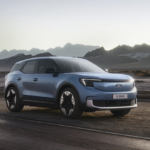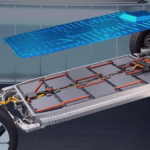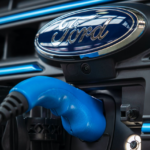Ford All Electric By 2025 – If you’re a fan of automotive innovation, it’s time to buckle up. Ford Motor Company, one of the world’s most iconic car manufacturers, is making an electrifying commitment: Ford is going all electric by 2025. But what does this mean for you, the consumer, and the industry at large? Let’s plug in and find out.
The Rise of Electric Vehicles (EVs)
Understanding EVs
Electric vehicles, or EVs, are powered entirely by electricity, rather than gasoline or diesel. They’re more than just a trend—they represent a substantial shift in how we think about transportation, one that promises to revolutionize the auto industry.
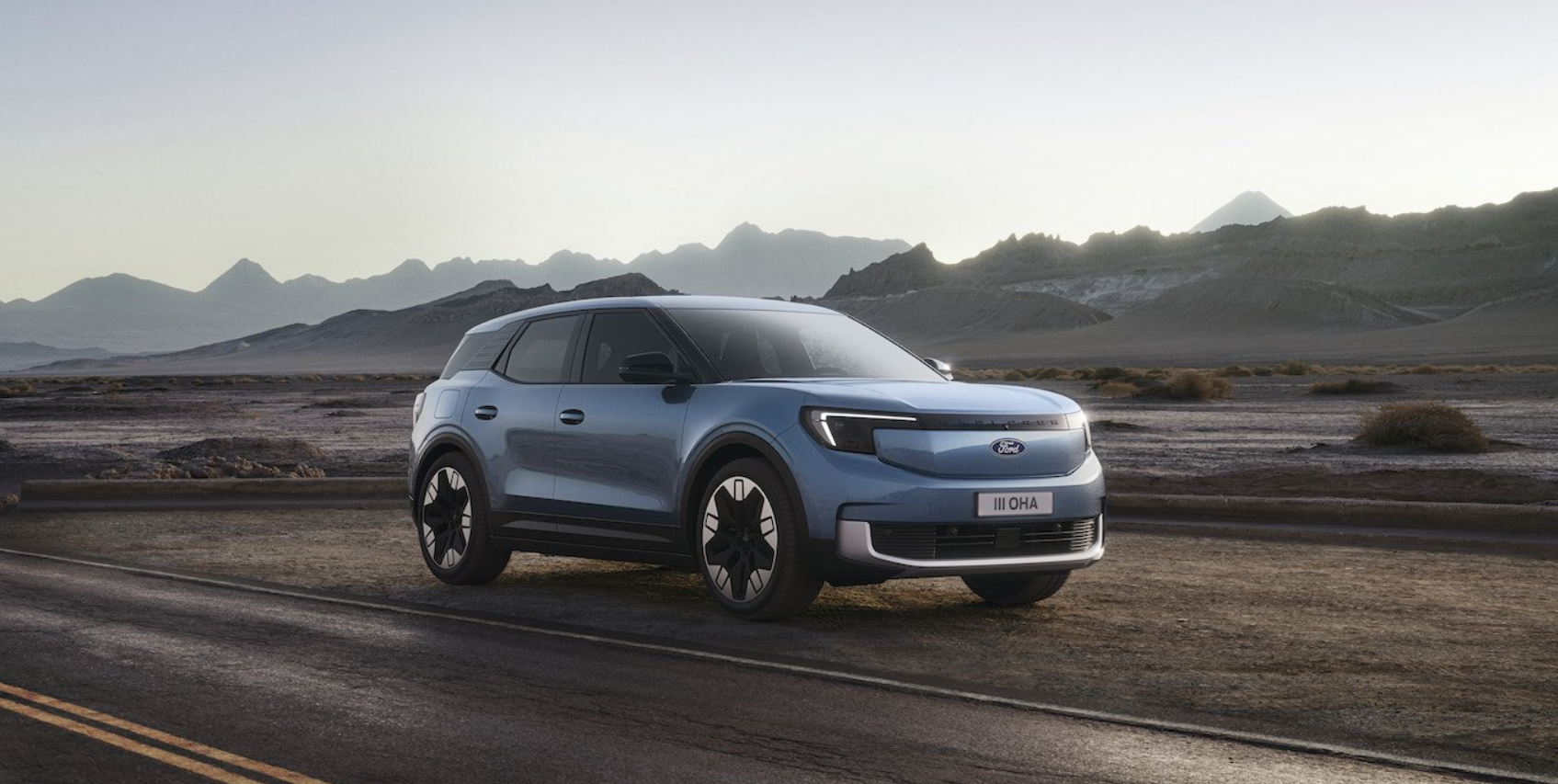
Why the shift to EVs?
Why are we seeing this shift toward EVs? There are several reasons, from the environmental benefits of lower emissions to potential cost savings for consumers. But, at the core, it’s about sustainability and innovation.
Ford’s Journey Towards Electification
Ford’s EV History
While Ford might be known for the Mustang and the F-Series trucks, it’s been no slouch in the EV game. They’ve been gradually shifting their focus to electric for years.
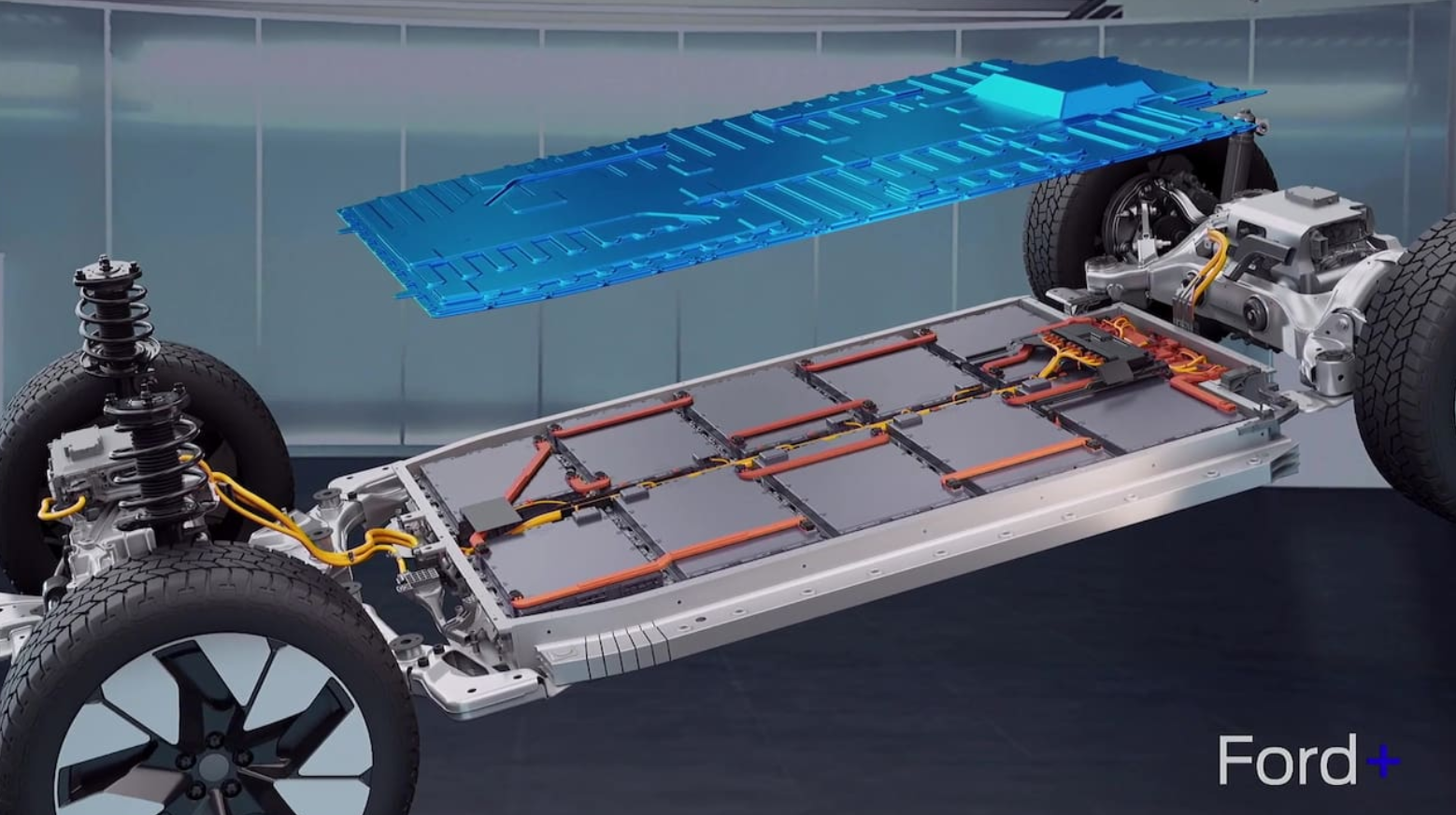
Ford’s Commitment to Going Electric
In a bold move that marks a new era for the company, Ford has committed to transitioning their entire passenger vehicle lineup to electric by 2025.
The Ford All Electric Plan
Ford’s Electric Models
Ford’s electric journey is anchored by iconic models like the Mustang Mach-E, the all-electric F-150 Lightning, and the E-Transit van. Each model has unique features that make them stand out in the electric vehicle market.
Infrastructure and Charging Stations
Home Charging
For those who park at home, Ford offers solutions like the Ford Connected Charge Station. It’s a home charging setup that can fully charge your Ford EV overnight.
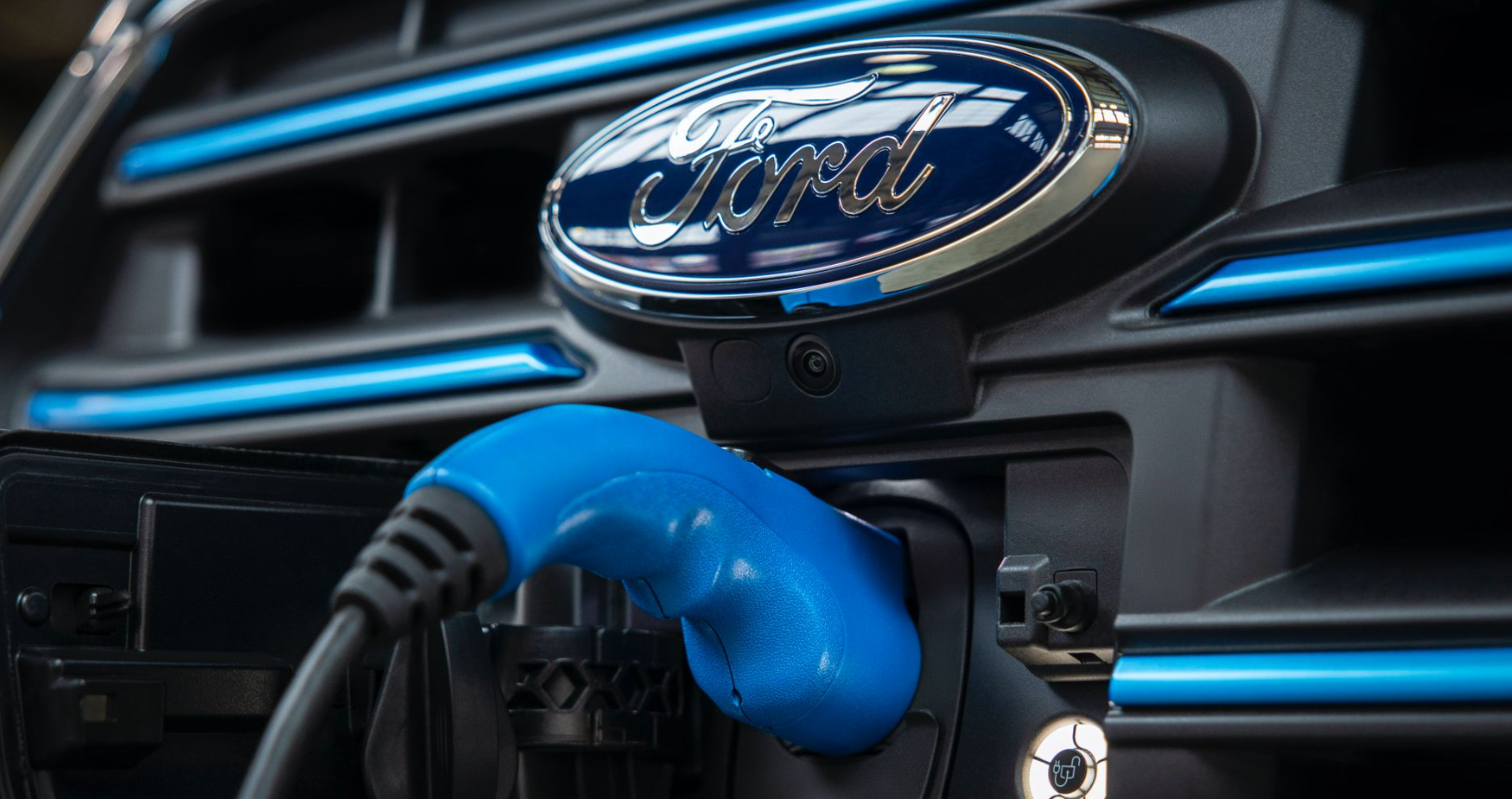
Public Charging
For those on the go, Ford is building a network of public charging stations, ensuring you can power up no matter where your journey takes you.
The Impact on Consumers and Industry
Benefits of Ford Electric Vehicles
The benefits of Ford’s electric vehicles extend beyond just zero emissions. They promise lower maintenance costs, instant torque for exhilarating acceleration, and smart tech integration.
Challenges and How Ford Addresses Them
Ford understands that going electric might seem daunting to some consumers. That’s why they’re addressing common challenges head-on, from range anxiety to charging infrastructure.
Conclusion
Looking into the Future: Ford in 2025
By 2025, Ford promises a future where your car is not just a mode of transport, but a hub of connectivity and innovation. With its plan to go fully electric, Ford is not just shaping its own future, but also contributing to a greener, more sustainable world.
Frequently Asked Questions
- Q: Will Ford stop producing gas cars by 2025?
- A: Yes, Ford has committed to transition its entire passenger vehicle lineup to electric by 2025.
- Q: What electric models will Ford offer?
- A: Ford offers a range of electric vehicles, including the Mustang Mach-E, F-150 Lightning, and E-Transit van.
- Q: Where can I charge my Ford electric vehicle?
- A: Ford is building a network of public charging stations, but most drivers will find it most convenient to charge at home with a Ford Connected Charge Station.
- Q: Are Ford electric vehicles more expensive?
- A: While the initial purchase price might be higher, electric vehicles often end up being more cost-effective in the long run due to lower maintenance and running costs.
- Q: How is Ford addressing range anxiety?
- A: Ford electric vehicles come with advanced technology that maximizes efficiency and battery life. The company is also investing heavily in public charging infrastructure to ensure drivers can top up their batteries whenever they need.
